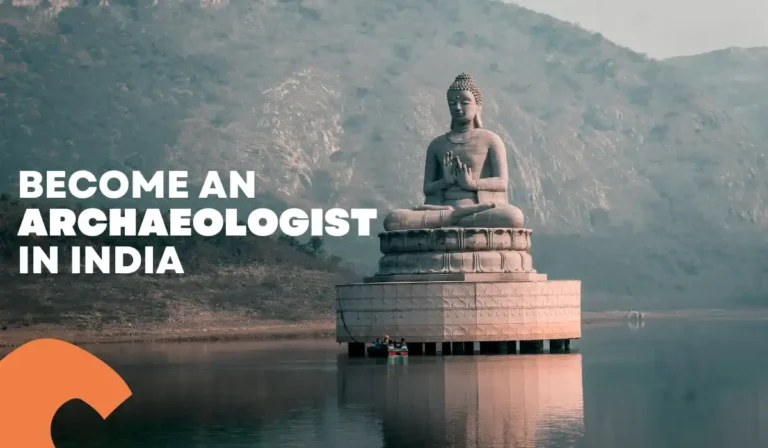Are you very much fascinated by the past and very curious about the lives of ancient civilizations? Do you want to explore the secrets of history through the study of material culture and human remains? If yes, then you might be interested in How to become an archaeologist in India.
Archaeology is not only a rewarding career option but also a way of contributing to the preservation and understanding of our rich cultural heritage.
In this article, I will tell you how you can become an archaeologist in India. You will learn what you need to study, what skills you need, what kind of work you can do, and how much money you can make as an archaeologist in India.
I will also give you a list of some of the best places and courses to study archaeology in India. So, if you are ready to start your adventure of finding and exploring ancient secrets, keep reading to find out more about how you can become an archaeologist in India.
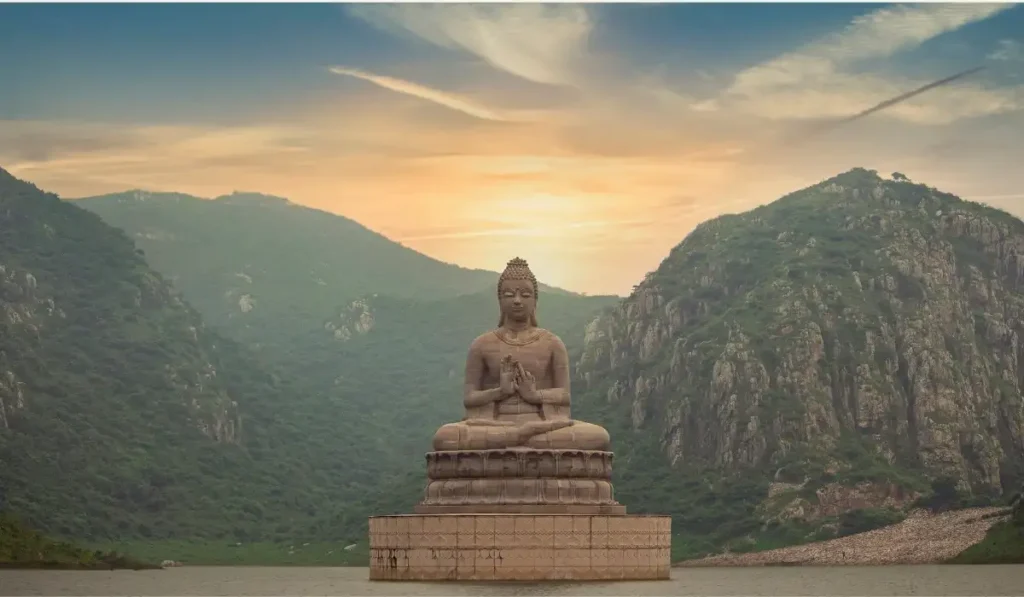
How to become an archaeologist in India?
If you want to be an archaeologist in India, you need to study archaeology or something similar, like history, anthropology, or geology. You need to finish a bachelor’s degree first, which takes three years. Then you can do a master’s degree in archaeology or something similar, which takes two years.
A master’s degree helps you learn more about archaeology and prepares you for doing research or teaching. Some universities also have doctoral degrees in archaeology or something similar, which take three to five years. A doctoral degree means you do your own research and write a big paper on something in archaeology.
To work as an archaeologist in India, you also need to get a license or registration from the Archaeological Survey of India [ASI]. The ASI is the main group that does archaeological research and protects old things in India. The ASI gives licenses or registrations to archaeologists who have the right qualifications and standards. The ASI also controls all archaeological work in India as per the provisions of the Ancient Monuments and Archaeological Sites and Remains Act, 1958 and the Antiquities and Art Treasure Act, 1972.
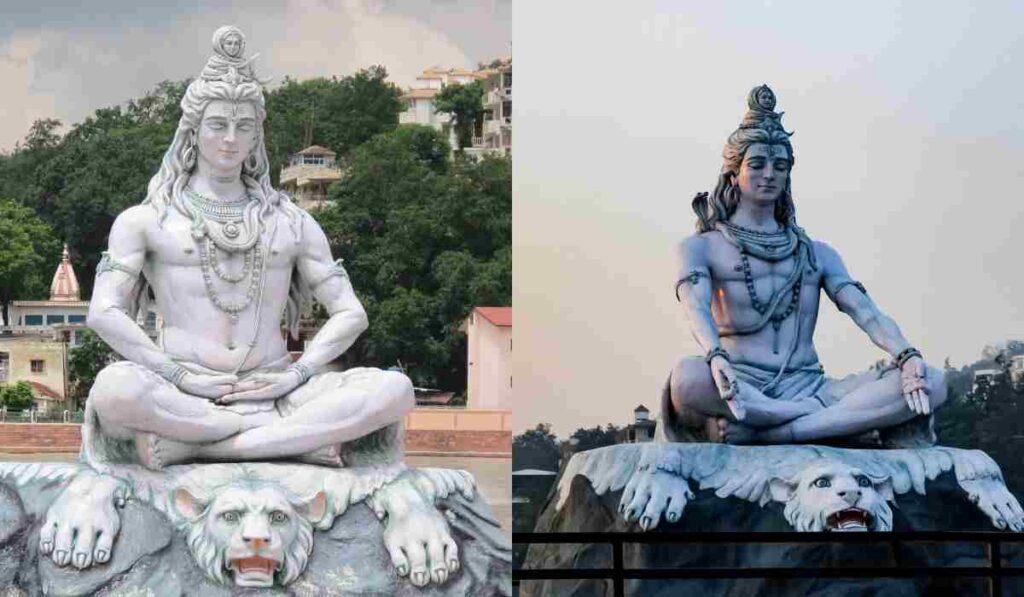
READ MORE – From Start To Finish : How Long Do Archaeological Digs Last
What is the Qualification for archeology ?
The qualification for archeology depends on the level and type of job you want to pursue in this field.You can enroll in a B.A. Archaeology program after completing your higher secondary education (10+2).
However, most archaeologists prefer to pursue a master’s degree or a doctoral degree in archaeology or a related field, which provides them with more specialized and advanced knowledge and skills in archaeology. A master’s degree usually takes two years to complete and a doctoral degree usually takes three to five years to complete. You can enroll in a M.A., M.Phil., Diploma, or PG Diploma in archaeology or a related field after completing your bachelor’s degree.
Some common subjects that you will study in an archaeology course are:
- Introduction to Archaeology
- Prehistory of India
- Ancient Civilizations
- Archaeological Methods and Techniques
- Archaeological Theory and Interpretation
- Cultural Heritage Management
- Museology and Conservation
- Fieldwork and Excavation

READ MORE – Are You Allowed to Dig in Egypt? Uncover Hidden Treasures In 2023
How can I apply for archeology in India?
To apply for archeology in India, you need to meet the eligibility criteria and follow the admission process of the college or university that offers an archaeology course. The eligibility criteria may vary depending on the course and the institution, but generally, you need to have:
- A minimum of 50% marks in higher secondary from a recognized board for a bachelor’s degree course.
- A bachelor’s degree in archaeology or a related field from a recognized university for a master’s degree course.
- A master’s degree in archaeology or a related field from a recognized university for a doctoral degree course.
The admission process may also vary depending on the course and the institution, but generally, you need to:
- Fill out and submit an online or offline application form with the required documents and fees.
- Appear for an entrance exam or an interview or both conducted by the institution.
- Secure a merit rank or score based on your academic performance and entrance exam or interview performance.
- Participate in the counseling or seat allotment process and confirm your admission.
Some of the entrance exams that are conducted for admission to archaeology courses are:
- JNU Entrance Exam
- BHU PET
- DUET
- CUCET
- IPU CET
Some of the colleges or universities that offer archaeology courses in India are:
- Jawaharlal Nehru University (JNU), New Delhi
- Banaras Hindu University (BHU), Varanasi
- University of Delhi (DU), New Delhi
- Central University of Karnataka (CUK), Gulbarga
- Guru Gobind Singh Indraprastha University (GGSIPU), New Delhi
READ MORE – Can Anyone Apply For An Archaeological Permit -Complete Guide Archaeologists
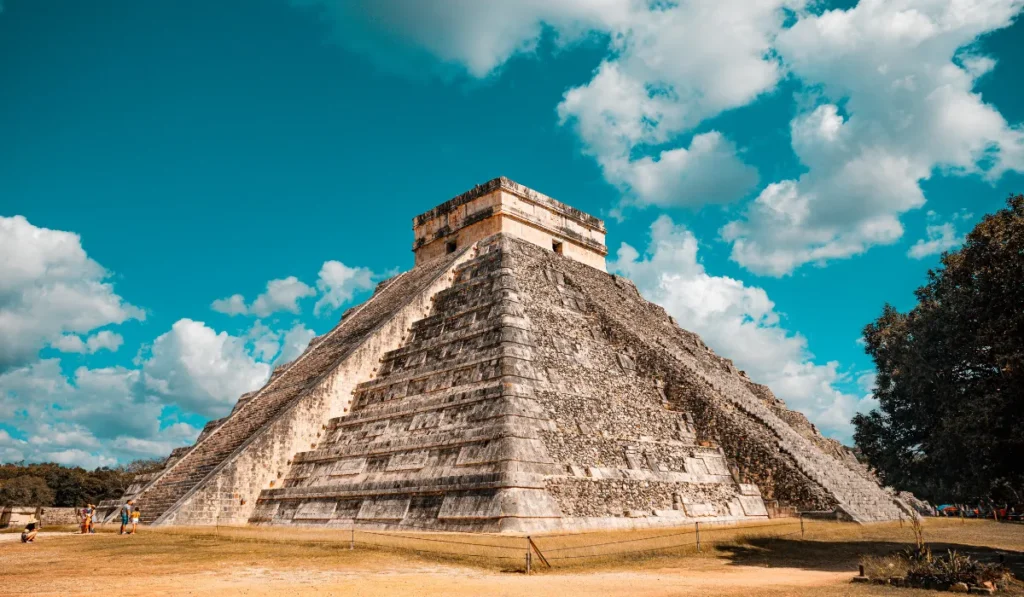
What is the eligibility criteria for Archaeological Survey of India?
The Archaeological Survey of India (ASI) is the premier organization for archaeological research and protection of cultural heritage in India. It is under the Ministry of Culture and was established in 1861. The ASI conducts archaeological surveys, excavations, conservation, preservation, and documentation of monuments and sites of national importance. It also regulates all archaeological activities in India as per the provisions of the Ancient Monuments and Archaeological Sites and Remains Act, 1958 and the Antiquities and Art Treasure Act, 1972.
The ASI recruits various posts such as Director General, Superintending Archaeologist, Deputy Superintending Archaeologist, Assistant Archaeologist, Archaeologist, etc. through direct recruitment or deputation or promotion. The eligibility criteria for these posts may vary depending on the post and the mode of recruitment, but generally, you need to have:
- A master’s degree or a doctoral degree in archaeology or a related field from a recognized university.
- A minimum of 55% marks or equivalent grade point average in your qualifying degree.
- A minimum of one year to ten years of experience in archaeological research or conservation or excavation or exploration depending on the post.
- A valid license or registration from the ASI as per the Antiquities and Art Treasure Act, 1972.
- A minimum age limit of 21 years and a maximum age limit of 40 years depending on the post.
The selection process for these posts may also vary depending on the post and the mode of recruitment, but generally, you need to:
- Apply online or offline through the official website or notification of the ASI or the relevant authority or agency.
- Appear for a written exam or an interview or both conducted by the ASI or the relevant authority or agency.
- Secure a merit rank or score based on your academic performance and written exam or interview performance.
- Participate in the document verification and medical examination process and confirm your appointment.
For more information on the eligibility criteria and selection process for various posts in the ASI, visit the official website of the ASI.
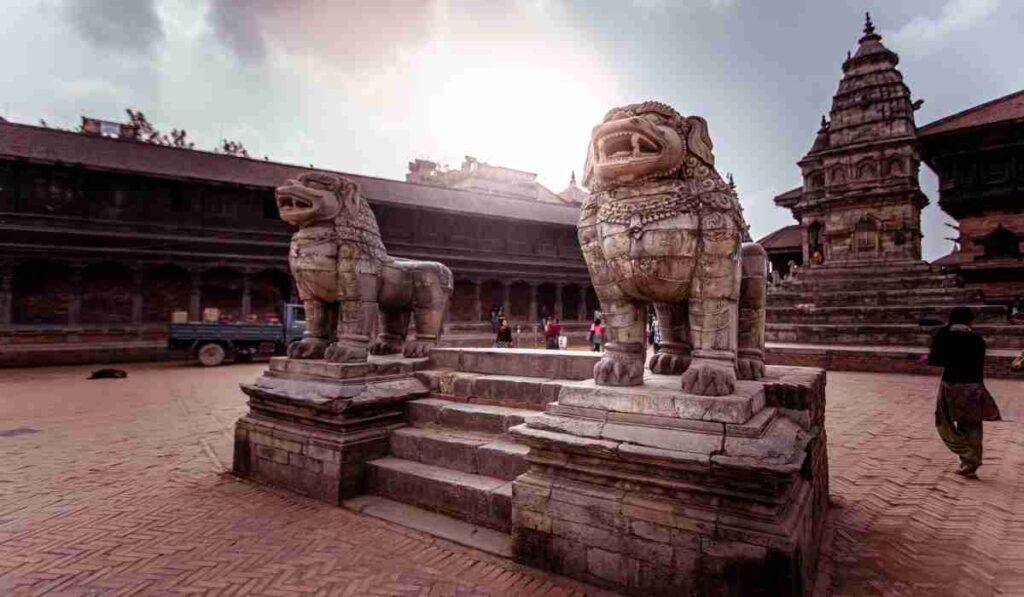
Does Archaeology have Scope in India?
Archaeology is a good thing to study in India as it is a field that deals with the study and preservation of the rich and diverse cultural heritage of India. India has a very old and great history that has many different kinds of people, cultures, religions, and languages. Archaeology helps to find out and learn about the history of India and its people by looking at and studying the things they left behind.
Archaeology also helps people and the country in other ways. It helps to make more people visit, learn, know, and feel proud of India. Archaeology shows the world what India has done and given to others. Archaeology also helps to keep the old and important places and things safe from getting ruined or lost by nature or people.
Archaeology offers a variety of career opportunities for those who have an interest and passion for this field. Some of the career options for archaeologists are:
- Archaeologist: An archaeologist is someone who finds and studies old things and places that are important for history or culture. They also take care of these things and places and write about what they find and learn. An archaeologist can work for different groups like the ASI, state groups, museums, universities, research groups, etc.
- Professor: A professor is someone who teaches archaeology or similar things to students at schools or colleges. They also do research on different things in archaeology and help students with their work. A professor can work for different schools or colleges like universities, colleges, institutes, etc.
- Heritage Manager: A heritage manager is a professional who manages and oversees the conservation, preservation, restoration, and promotion of heritage sites and monuments. They also plan and implement policies and programs for heritage management and coordinate with various stakeholders such as government agencies, NGOs, communities, etc. A heritage manager can work for various organizations such as the ASI, state archaeological departments, heritage trusts, foundations, etc.
- Museum Curator: A museum curator is a professional who collects, displays, interprets, and maintains artefacts and exhibits related to archaeology or other fields in museums. They also organize events and activities for public education and engagement. A museum curator can work for various museums such as national museums, state museums, private museums, etc.
Apart from these career options, an archaeologist can also work as a consultant, writer, editor, journalist, photographer, filmmaker, etc. related to archaeology or other fields.
If you want to pursue a career archaeology, you need to study archaeology or something similar and get a license or registration from the ASI. You also need to have skills like thinking, researching, talking, working with others, solving problems, etc. You also need to love and want to learn about the old things and how they matter for now and later.
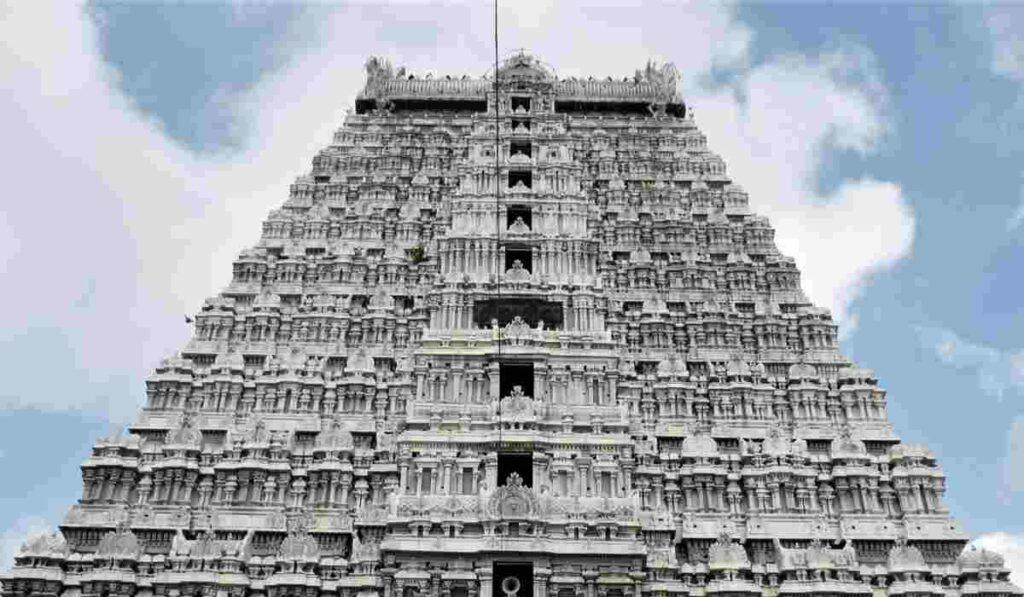
READ MORE – The Truth About Who Pays Archaeologists In Egypt
Conclusion :
I hope this article has helped you to know how to become an archaeologist in India. If you like history and culture, and want to find out the secrets of the old things, then archaeology might be the best thing for you to do. To become an archaeologist in India, you need to have a relevant degree in archaeology or related disciplines, and preferably a higher qualification such as a master’s or a doctorate.
You can find many opportunities to work as an archaeologist in India, in the government or private groups. You can also study or research more on different things in archaeology. If you want to do archaeology in India, you can start by applying to one of the best places and courses for archaeology in India that i have told you in this article.
We wish you good luck for your future work as an archaeologist in India.
FAQ’s :
-
How to become an archaeologist in India after 12th?
To become an archaeologist in India after 12th, you need to do a bachelor’s degree in archaeology or a related subject like history, anthropology, or geology. A bachelor’s degree usually takes three years to finish. You also need to get a license or registration from the ASI, which is the main group that does archaeological work in India. You can also do a master’s degree or a doctorate in archaeology or a related subject after your bachelor’s degree to learn more and get better jobs.
-
How to become an archaeologist in India after 10th?
To become an archaeologist in India after 10th, you need to complete your 12th first. Then you need to do a bachelor’s degree in archaeology or a related subject like history, anthropology, or geology. A bachelor’s degree usually takes three years to finish. You also need to get a license or registration from the ASI, which is the main group that does archaeological work in India. You can also do a master’s degree or a doctorate in archaeology or a related subject after your bachelor’s degree to learn more and get better jobs.
-
How to become an archaeologist after 10th?
To become an archaeologist after 10th, you need to complete your 12th first. Then you need to do a bachelor’s degree in archaeology or a related subject like history, anthropology, or geology. A bachelor’s degree usually takes three years to finish. You also need to get a license or registration from the archaeological group of your country, which is the group that does archaeological work in your country. You can also do a master’s degree or a doctorate in archaeology or a related subject after your bachelor’s degree to learn more and get better jobs.
-
How to become an archaeologist in India after graduation?
To become an archaeologist in India after graduation, you need to have a bachelor’s degree in archaeology or a related subject like history, anthropology, or geology. You also need to get a license or registration from the ASI, which is the main group that does archaeological work in India. You can also do a master’s degree or a doctorate in archaeology or a related subject after your graduation to learn more and get better jobs.
-
How to become an archaeologist after engineering?
To become an archaeologist after engineering, you need to have an engineering degree and an interest in archaeology. You also need to get a license or registration from the archaeological group of your country, which is the group that does archaeological work in your country. You can also do a master’s degree or a doctorate in archaeology or a related subject after your engineering degree to learn more and get better jobs.
Please feel free to comment down your thoughts. Thank You!!
Share to help